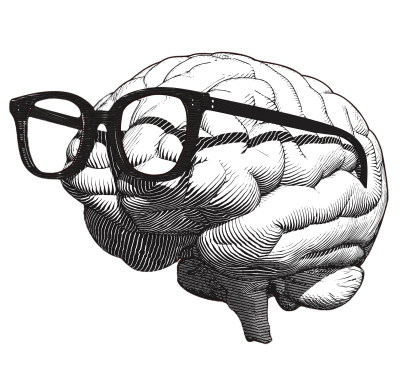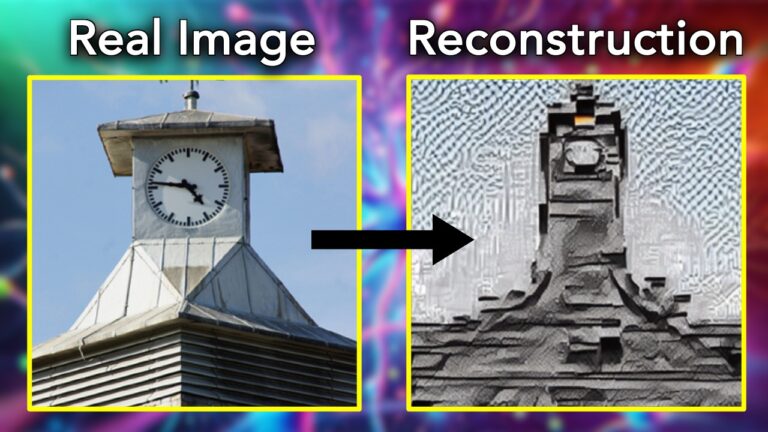Secrets of Cognitive Research at Cambridge’s MRC CBU
Cambridge University’s Medical Research Council Cognition and Brain Sciences Unit (MRC CBU) stands at the cutting edge of neuroscience and psychology. Tucked away near the River Cam, this world-class research centre investigates the mysteries of the human mind. Scientists here explore how we learn, remember, pay attention, and deal with mental health issues. By understanding the brain’s deepest workings, the MRC CBU aims to improve people’s lives in a practical and lasting way.
What Facilities Do They Use Here?
State-of-the-Art Brain Imaging Technology
The MRC CBU boasts some of the most advanced equipment for studying the human brain. They use high-resolution MRI scanners, which produce detailed images of the brain’s structure and function. These images help researchers see how different regions of the brain communicate. This technology makes it possible to link certain mental processes to activity in precise brain areas.
EEG, MEG, and Other Tools
The MRC CBU also houses facilities for electroencephalography (EEG) and magnetoencephalography (MEG). These tools let scientists track the brain’s electrical and magnetic signals in real time. EEG and MEG help experts understand how fast information moves through neural circuits. They can also detect tiny changes in brain activity that occur during tasks like learning a new language.
Virtual Reality and Simulation Labs
In addition to imaging equipment, the MRC CBU uses virtual reality environments. These safe, controlled setups help researchers study behaviour, perception, and decision-making. Volunteers might navigate a simulated world to help scientists measure how memory works in realistic situations. These VR-based experiments can reveal how individuals respond to complex sensory input, including sights, sounds, and even social signals.
Computational Modelling and Data Science
The MRC CBU’s computer labs host experts in machine learning, artificial intelligence, and computational modelling. These specialists turn huge amounts of brain data into clearer, more interpretable findings. By creating models of how the mind processes information, scientists can test new theories. This computational approach allows for more accurate predictions of how certain treatments or training programmes might improve cognitive abilities.
Cutting Edge Research
Exploring Language and Communication
One major focus at the MRC CBU is understanding how people learn and use language. Researchers examine how infants pick up their first words, and how adults adapt to new dialects or foreign languages. By studying brain activity during reading, speaking, and listening tasks, they map how different brain networks support language. These findings guide better teaching strategies and therapies for language disorders.
Memory and Learning Under the Microscope
Memory research at the MRC CBU looks at how the brain encodes, stores, and recalls information. Scientists test how healthy brains age and how conditions like Alzheimer’s disease or stroke affect memory. Insights from these studies help develop treatments and rehabilitation programmes. This can restore lost memory function or boost the brain’s natural ability to adapt after injury.
Attention, Emotion, and Wellbeing
The MRC CBU also investigates how we focus and manage our emotions. For example, what happens in the brain when we try to pay attention in a world full of distractions? Or how do emotional states like anxiety and depression alter thinking patterns? These questions help uncover the neural pathways involved in mental health. Such knowledge can lead to better mental health strategies, early interventions, and personalised treatments.
Neurodiversity and Cognitive Variation
Another area of interest is neurodiversity. Researchers explore conditions like autism, ADHD, and dyslexia to understand their neurological roots. By studying differences in brain structure and function, scientists at the MRC CBU hope to reduce stigma. They aim to create supportive environments and tailored learning methods that celebrate individual differences rather than view them as deficits.
Interview With Deputy Director Rik Henson
I also got a chance to sit down and ask Rik Henson a few questions about neuroscience research. Watch the video to see what we discussed! This video has now been posted on the official Cambridge Cognitive Brain Unit Website.
Thank you for reading and please comment on YouTube if you have any questions! Click here to see the other blogs and associated videos I have about neuroscience! 🙂
If you want to support this evidence based neuro-explainer content then feel free to buy me a coffee or become a patreon! 😊






